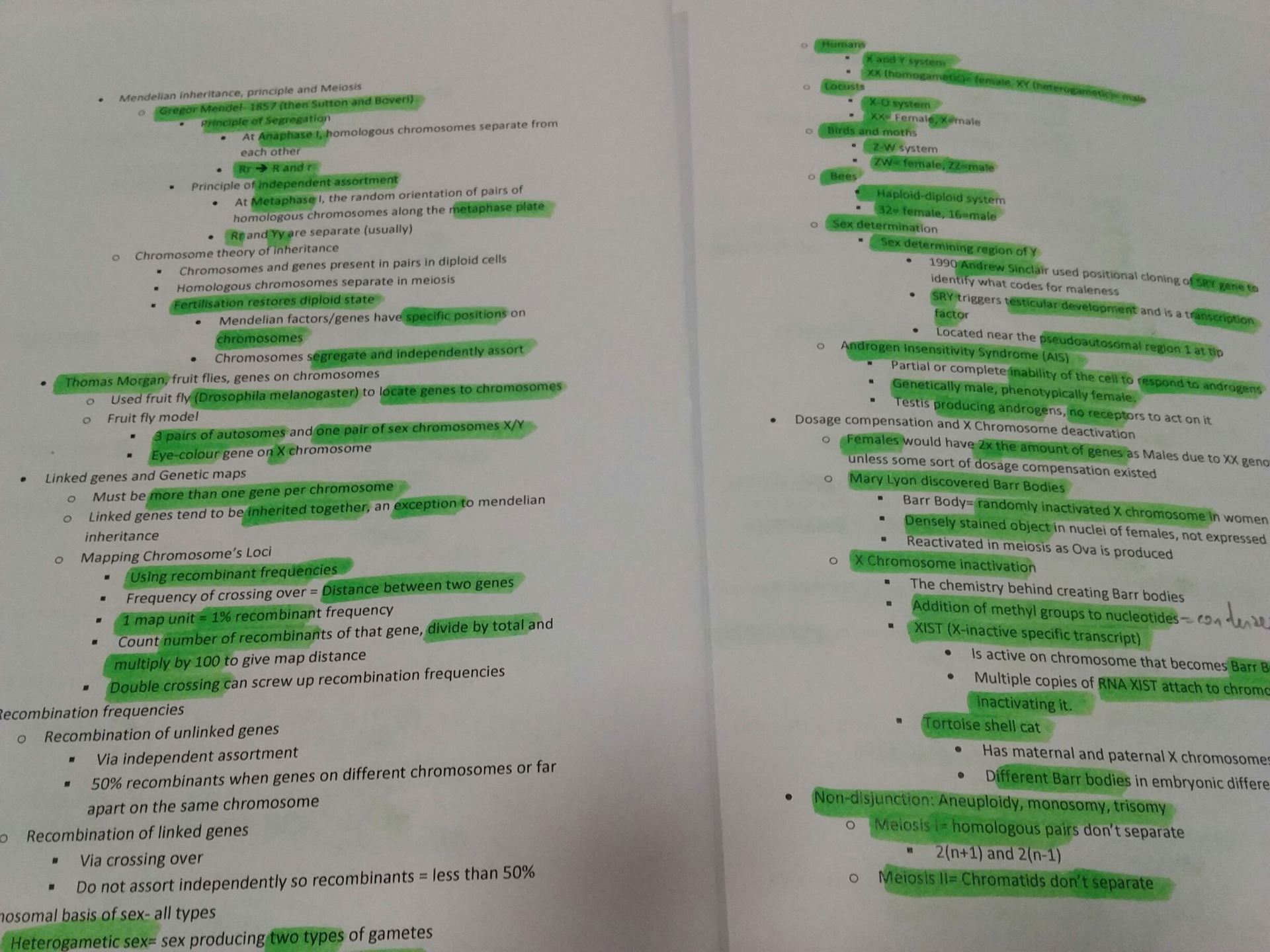Picture this: A crowd of hundreds waiting, you’re on the wings of the stage, with instrument in hand, sheet music on the stand and heart in your mouth. It’s time for composure, focus, showtime.
Now this: You’re an individual, part of a pre-med cohort waiting outside the doors of the exam room, one of many clasping a pen and student ID, with tangible nervousness in the air. Maybe it’s 200 students congregated outside this room, but you know there are many other rooms with identical situations. Test time.
Drawing connections between performing a set of pieces in a concert and sitting midsemester exams at uni, I really think there are some important similarities that I would like to highlight. Having experience at performing on stage as a musician, dealing with feelings of anxiety, nerves, ‘butterflies’ or stress is a very common occurrence, from which I have learnt techniques to deal with it. Judging from the people I talked to and looking round the dining room before the pre-med cohort’s first test, stress about the upcoming test was present for the majority of us.
A bit of stress is good, in right amounts, it can hone your focus in the exam, getting into the right mood of the test, ensuring that your performance is at its prime. However, if you’re too consumed by stress to the point where it is hampering your ability to get down to business in the test, then it’s something that needs to be addressed.
Here’s a few things I do to minimise the pressures of tests on the day itself:
- Be prepared
- Normally, the majority of that test stress is attributed to the worry that you might not be able to complete the paper to a satisfactory standard, or that you might encounter something that you can’t answer. The remedy? Put in the mahi (work) early to minimise that stress and ensure you learn your stuff well so that you can answer all you can. Sure, there may be the nervousness of encountering something unfamiliar, but approaching this logically, if you don’t know what to prepare for, there’s nothing you can really do to prepare for it right? So that’s an unwarranted stress for me. Minimise what stressors you can, then take what’s presented to you and run with it.
- Chill (a bit)
- In the half hour or so before you enter the exam room, don’t hang around in the humid, hot waiting room if possible. Grab a breath of fresh air away from all the other stressed students who may be frantically cramming flashcards. Get yourself prepared to apply what you’ve learnt. Chuck in some headphones, pick your most chill Spotify playlist and don’t let the stressed vibe get to you. For some, cramming may be beneficial, but for me, it serves only to increase my agitation towards the test. Personally, if any extra knowledge is needed to be taken into the exam, it’s only small parts to remember and regurgitate, not the whole course content. But each to their own right? If cramming works, good for you I guess 👍
- Have a good sleep or take a nap (if necessary)
- Try set good sleeping patterns as exams approach (and in general). If that’s not possible, naps are amazing!
Never been much of a nap person myself, but on the day of my first test, a bout of hayfever really drained me and a nap seemed in order. While it might not make up for a pristine sleep pattern, it sure helped to recover a bit of energy. Sleep as I’m sure you’ll come to appreciate, is amazing, 10/10 highly recommend it. Apart from good sleep patterns, it’s important to maintain good overall health and wellbeing in order to succeed academically and in other endeavours.
- Try set good sleeping patterns as exams approach (and in general). If that’s not possible, naps are amazing!
The key message I think I wanna get across is that:
Yes, it is ok to feel stressed and/or nervous; but don’t let it overwhelm you. Set yourself up for success with good prep and strategies to #achievetheamazing!
Yes, the tests to carry some importance; but remember to put things into realistic perspective – one bad result does not necessarily mean the end, rather an opportunity to improve, am I right?
If you wanna share any ways you prep for tests, feel free to comment below!
Until next time guys!




Great article, Daniel. I am taking two tests tomorrow and I just happened to come across this article. I am from America and I heard about this University through research of an international college. Maybe I will attend this university one day. Once again thank you so much for this article.
Hi Ashley!
Woah, it’s awesome that you’re reading from America, I can 10/10 recommend NZ and UoA. Glad it helped and thanks for reading!
Hiya!
On the topic of stress do you have any tips on both UMAT and tackling year 13, from what I heard you can take the UMAT test during either year 13 or first year of uni. In your opinion which year taking the UMAT test is the best option in terms of taking the test in year 13 or first-year Biomed/health sci?
All the best with your studies!
Hey Nat, firstly sorry for the delay in getting back to you.
On page 3 of this document there is some info on UMAT and admission for Med at Auckland
https://www.fmhs.auckland.ac.nz/assets/fmhs/faculty/FOR/current-students/FAQs/MBChB-FAQ%20.pdf
The take-home message here is “UMAT is available to Year 13 students who wish to sitwhile in school. However, please note that the UMAT
scores are valid for 1 year only. All applicants need to
sit the UMAT in the year of application to the MBChB.”
In summary, doing UMAT in year 13 has two benefits:
1) You can potentially use your UMAT score in year 13 to apply for undergraduate medicine in some Australian Universities (and NCEA has a pretty decent conversion rate to ATAR, the Australian standard of education)
2) It helps you to benchmark yourself and familiarise yourself with the process of UMAT.
In terms of using year 13 in preparation for FY Biomed/healthsci, taking Chemistry is very useful for the common core paper CHEM 110. In general try find out how you study and handle learning relatively heavy amounts of content and that should put you ahead.
Personally, I would recommend not taking UMAT in year 13 unless you were striving for Australian unis as that mark does not count for the following year (in your first year at UoA). I did sit UMAT in year 13 and the biggest thing I learnt from sitting it was that time pressure was a very big part of it. If you keep in mind that the actual test is much more time pressured than the practice tests and you can keep up high-intensity concentration for 3 hours of the test, that’s important.
There’s a lot of debate about whether or not you can prep for UMAT, but I would encourage some level of preparation for the test, if only to familiarise with the style and learn specific techniques etc.
If you have any more questions, I’d be more than happy to do my best and answer them 😀